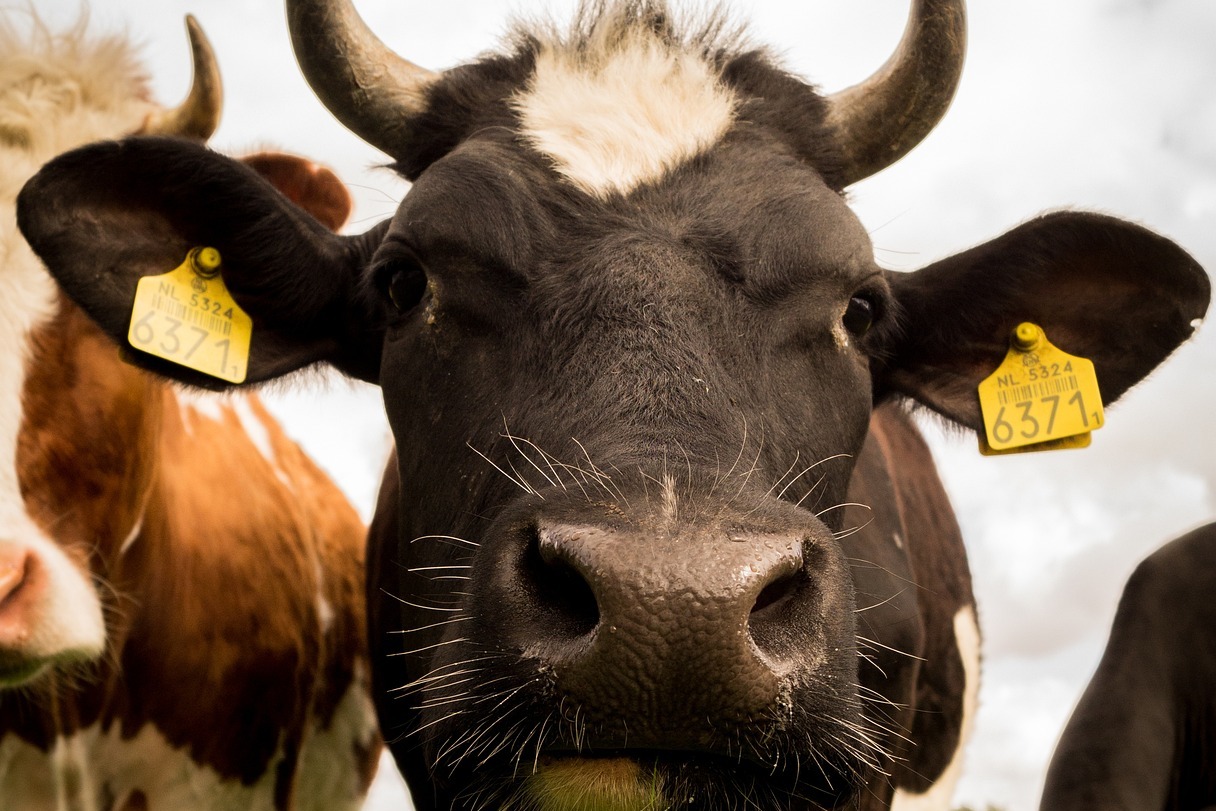And it's totally serious!
From 2030, the Danes will tax livestock farmers for greenhouse gas emissions equivalent to one ton of carbon dioxide. They hope for a 70 percent reduction and climate neutrality by 2045 from the taxation of greenhouse gases released into the atmosphere by cattle, pigs and sheep.
Denmark will be the first in the world to tax farmers from 2030 on the basis of the amount of greenhouse gases released into the atmosphere by cattle, pigs and sheep.
This will be the first real carbon tax in agriculture. With the measure, the Danes would reduce greenhouse gas emissions by 70 percent by 2030. The step would allow Denmark to become climate neutral by 2045.
Taxation Minister Jeppe Bruus announced that from 2030, livestock farmers will have to pay 300 Danish kroner (16,000 forints) per ton of greenhouse gas emissions, and from 2035 this will increase to 750 kroner (40,000 forints). However, due to the 60 percent tax credits, the actual tax burden will be 120 Danish crowns (6 thousand forints) per ton, then 300 crowns (16 thousand forints) from 2035 - Infostar quotes the politician's announcement.

Photo: Rudy and Peter Skitterians / Pixabay
The farmers and the government agree
According to UN data, the amount of methane released into the atmosphere by farm animals is responsible for about 32 percent of methane emissions caused by human activity.
In Denmark, this means the emission of greenhouse gases equivalent to about 6.6 tons of carbon dioxide per cattle per year. Statistics Denmark's 2022 data show that almost one and a half million cattle were kept in the country.
The government and representatives of livestock farmers agreed on the move on Monday, and the head of the largest Danish environmental protection organization, Maria Reumert Gjerding, speaks of a historic compromise that could lay the foundation for the reorganization of the food industry after 2030. Due to the compromise, it is almost impossible for the Danish parliament to approve the draft.
Featured image: MTI/EPA/Ronald Wittek












